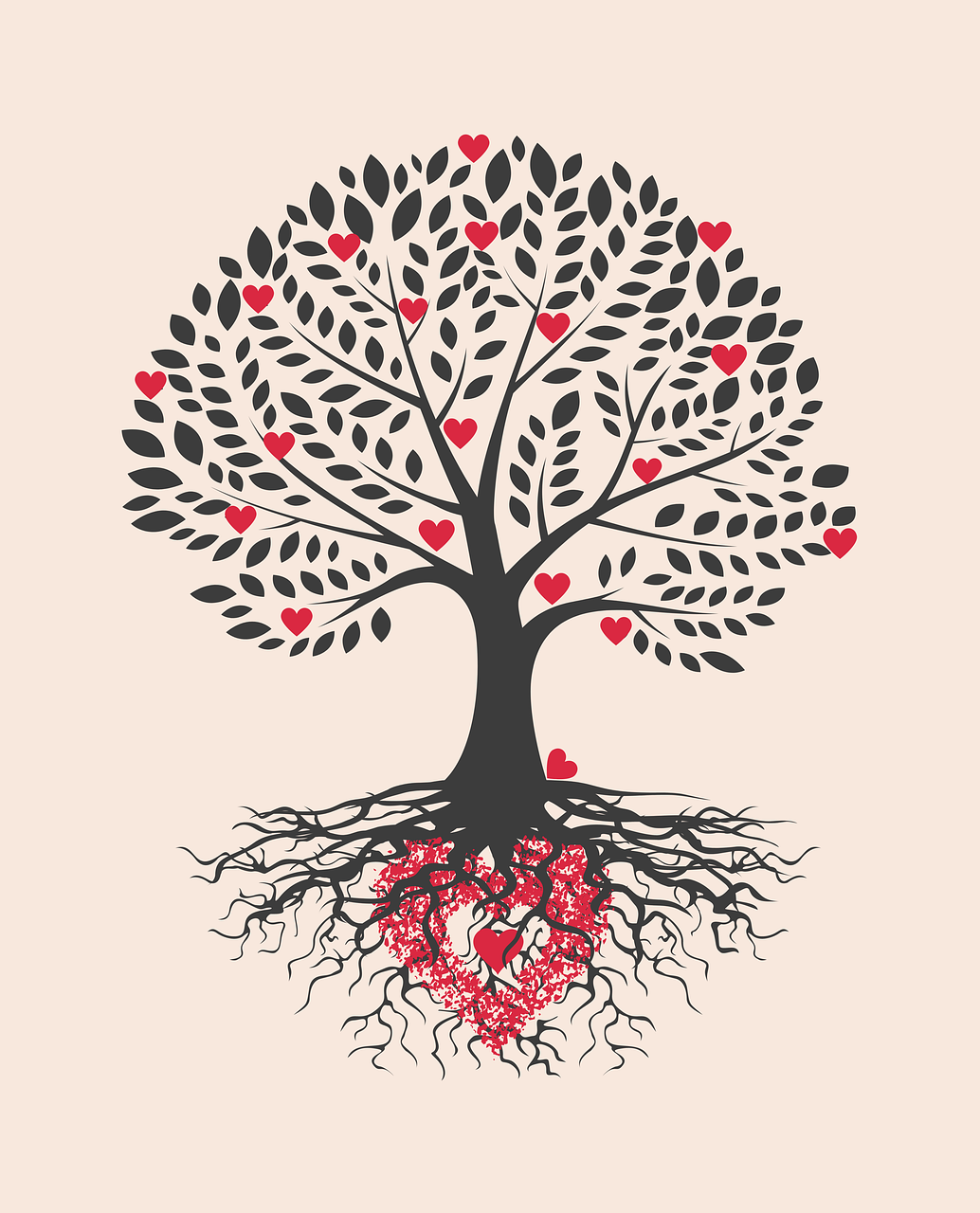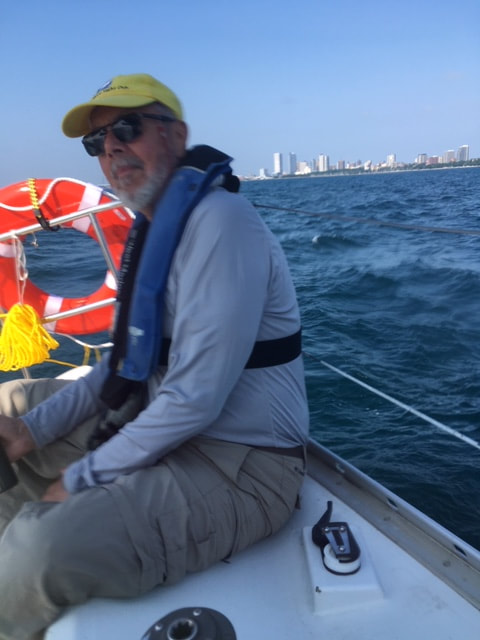 Image by Rosy from Bad Homburg / Germany from Pixabay Maybe the issue isn't to stop sowing bad seed...(but instead) to sow more good seeds The idea of reaping what we sow is often considered at the individual level and usually in the same vein as Karma: the actions we take come back to us in good ways and bad. I find it interesting to look at this concept of reap what we sow at a societal level. Does a society like the United States – collectively – reap what it sows? Perhaps. Here are a few examples.
In America, we sow guns – by the hundreds of thousands throughout the land. Best estimates are that Americans own somewhere between 350 Million – 480 Million guns; in a country of 340 Million people. And what do we reap from all these weapons? We “lead” our peer countries in the number of mass shootings, gun-related homicides; gun-related suicides and most recently, firearms becoming the leading cause of death among children. We also sow carbon dioxide. The US represents nearly 4.25% of the world’s population, but yet we emit 13.5% of the carbon dioxide into the atmosphere; eclipsed only by China according to the organization, Our World in Data. The “harvest” from this overabundance of carbon dioxide is a growing number of climate disasters such as excessive heat waves, drought, floods, wildfires, and hurricanes. NOAA charts US climate disasters based on the total cost of the damage wrought by each incident. According to NOAA, 2022 marked the eighth consecutive year with 10 or more billion-dollar disaster events impacting the United States. In the past, the US experienced about 8 such events per year, but within the span of 2018 – 2022, we averaged nearly 18 events per year – more than double the historical number. We also sow plastic; tons and tons of plastic. The production of plastics, which are made from fossil fuels, has increased at exponential levels. Half of all plastic – ever produced – was made within the past 15 years. Consider this, in 1950 we produced a mere two million tons of plastic. By 2015, we were producing nearly 450 million tons of plastic per year, and if unabated that number will double by 2050. And the biggest producer of plastic waste in the world? The United States. What do we get from sowing all this plastic? Some studies estimate that there are between 15 – 51 trillion pieces of plastic floating in the world’s oceans. In fact, the plastic garbage patch floating in the Pacific Ocean is large enough to encompass the combined midwestern states of Wisconsin, Minnesota, South Dakota, Illinois, Indiana and half of Ohio. This sea-borne plastic begins to break down chemically from the interaction of sun, waves and seas into tiny “microplastic” particles, which have been found in every part of the world from the peaks of Mount Everest to the Mariana Trench – the deepest trough in the ocean. Microplastic particles breakdown into exceedingly smaller particles and seep into drinking water systems and into peoples’ lungs through the air. Clearly, we the people of the United States are sowing some pretty nasty seeds and reaping untold carnage on ourselves and others. But, what are we to do? Well, the simplistic answer is to stop sowing bad seed. Of course, that’s not so easy. Countless numbers of individuals and organizations have been working for decades to stop the spread of guns and plastic waste, and to limit the production of carbon dioxide – with little significant success. To me, all of these bad seeds stem from the same problem: people are trying – unsuccessfully – to fill a gaping hole in their heart. We look around and see a breakdown in community so we become fearful of others; fearful that life as we know it will be taken away; fearful that there won’t be enough resources to go around and thus greed and hording begins to take hold. Many of these issues seem so large and intractable that a sense of powerlessness sets in and we begin to resign ourselves to a future of dwindling possibilities. Maybe the issue isn’t to stop sowing bad seed, as much as it is to redouble our efforts to sow more good seeds. We Quakers like to say that there is “that of God” in every person. Put another way, we can say that the seed of the Divine is present within everyone, and what is needed is to shine the light of God deep enough, wide enough, and strong enough to bring that seed forth from each individual. As advised by Maxine Hong Kingston, “In a time of destruction, create something. A poem. A parade. A community. A School. A vow. A moral principle. One peaceful moment” The light of God is within you. Let that light shine so others may blossom and illuminate the world.
1 Comment
|
AuthorMike Soika has been a community activist for more than 30 years working on issues of social and economic justice. His work for justice is anchored by his spiritual formation first as a Catholic and now as a Quaker. Pre 2018 Archives
|

 RSS Feed
RSS Feed
